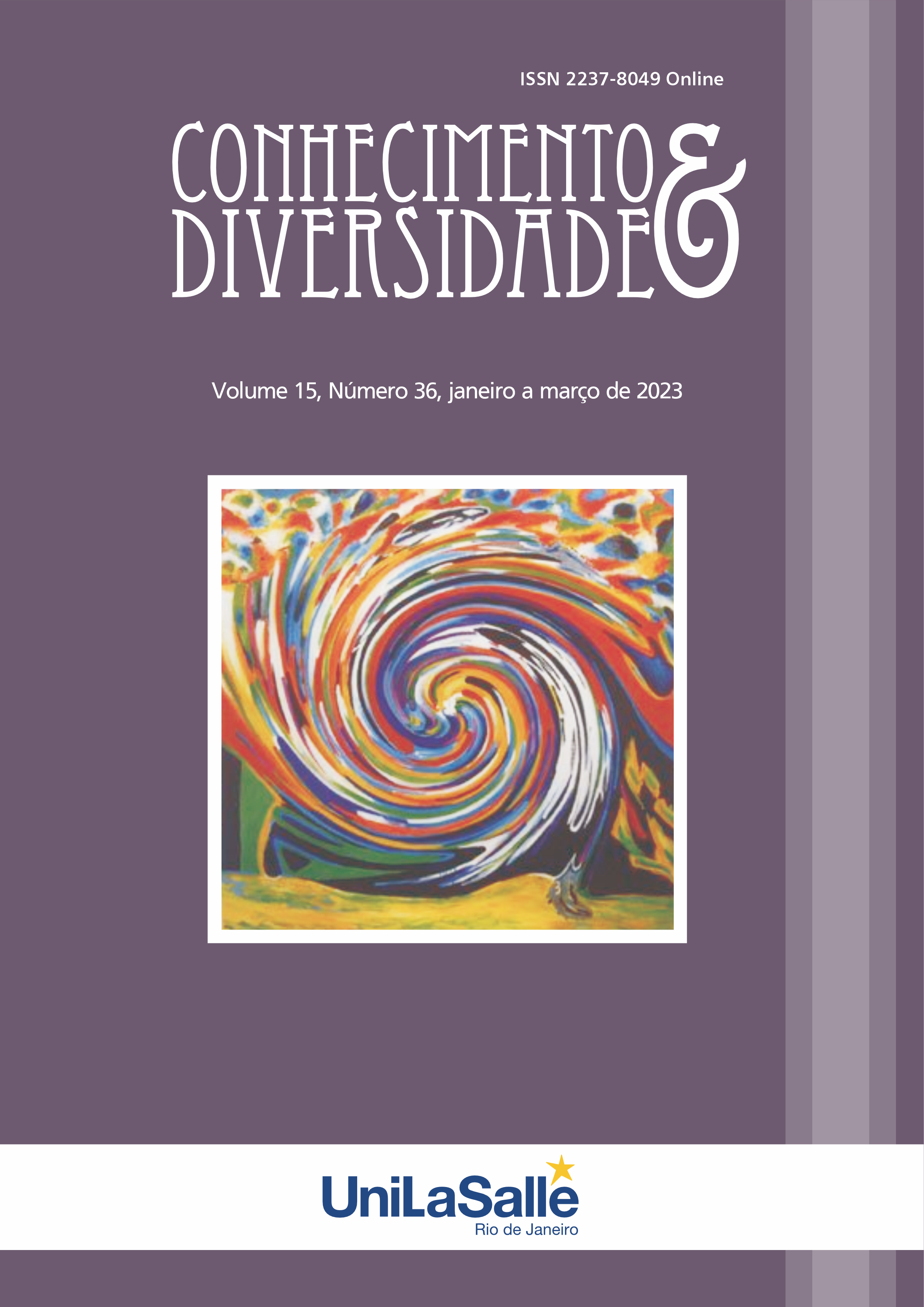THE ROLE OF SAUDI UNIVERSITIES IN ENCOUNTERING ELECTRONIC EXTREMISM AMONG UNIVERSITY YOUTH FROM THE FACULTY MEMBERS' AND STUDENTS' POINTS OF VIEW
DOI:
https://doi.org/10.18316/rcd.v15i36.10983Keywords:
preventive and educational role, new extremism, modern technology, university studentsAbstract
The current study aimed to identify the role of universities in raising awareness and preventing electronic extremism from the faculty members' and students' points of view. The results of the study demonstrated that the role of universities in addressing the problem of electronic extremism among university students from the views of points of faculty members and students was moderate. The fields of universities' role in addressing this phenomenon were achieved as follows: the field of the preventive role of universities in addressing the problem of electronic extremism among university students occupied the first rank within the medium average, the field of the awareness role of universities in addressing the problem of electronic extremism among university students occupied the second rank within the medium average, and the field of the educational role in addressing the problem of electronic extremism among university students was in the third rank within the medium average. The study concluded by presenting a suggested proposal to activate the preventive, awareness, and educational role of universities in confronting electronic extremism.
References
Al-Ghamlas, B. (2022). The impact of communication networks in spreading extremism and terrorism (in Arabic). Journal of the College of Education. Al-Azhar University in Cairo, 2(191), 150-198.
Al-Maghthawi, A. (2020). Activating the role of social networking sites in confronting intellectual extremism from the point of view of experts. Journal of the Islamic University of Educational and Social Sciences, Islamic University of Madinah, 1(1), 381-454.
Al-Moselhi, N. (2018). A proposed program from the perspective of general practice in social work to prevent university youth from cyber terrorism crimes. The annual international conference of the Faculty of Social Work, Helwan University, Cairo, March 31-April 1, 2018.
Al-Omari, A. (2014). The role of security culture in preventing extremist ideology in Saudi society. Master Thesis, College of Social and Administrative Sciences, Department of Sociology, Naif Arab University for Security Sciences.
Al-Rawi, B. (2012). The role of social networking sites in change / a theoretical approach. Media Research Journal, 8(18), 94-112.
Al-Salem, F. (2022). Social networking sites and intellectual extremism, a study on a sample of Kuwait University students. The Egyptian Journal of Media Research, 10(79), 611-643.
Al-Shammari, M. (2016). A proposed strategy to educate Kuwaiti youth about the dangers of terrorism and intellectual extremism. Arab Journal of Social Sciences: Arab Foundation for Scientific Consultation and Resources Development, 3(9), 17-45.
Al-Shehri, A. (2018). Factors leading to the increase of intellectual extremism and professional methods to reduce it. Doctoral Dissertation, King Saud University, Riyadh, Kingdom of Saudi Arabia.
Al-Shehri, F. (2007). Electronic extremism on the Internet, an analytical vision. Information Technology and National Security Conference, Riyadh 11-24/11/1428.
Hassan, A. (2017). The role of social networking sites in spreading extremist ideology. European Center for Counterterrorism and Intelligence Studies.
Mohamed, A. (2019). Electronic extremism and the formation of public opinion, a study of the role of universities in prevention and treatment. Arid International Journal of Humanities and Social Sciences, 1(1), 136-153.
Omar, M. (2021). Professional intervention in the way of organizing society to develop women's awareness of the dangers of extremism and terrorism. Journal of Studies in Social Work and Human Sciences, 1(53), 145-180.
Qirat, M. (2017). New Media and Cyberterrorism: Mechanisms of Use and Challenges of Confrontation, Al-Hikma Journal for Media and Communication Studies. Treasures of Wisdom Foundation for Publishing and Distribution Journal, 8(9). 10-36.
Shehata, G. (2019). Social service mechanisms in confronting terrorism and extremism for peace and development. Alexandria, Modern University Office.
Yadak, S., Al-Khawtrah,A.,& Al-Asefa, S. (2023). The level of awareness of the phenomenon of extremism and its relationship to irrational ideas and perceived self-concept among a sample of Qassim University students. Journal of the Faculty of Education, Al-Azhar University, Cairo, 1(197), 62-94.
Downloads
Published
Issue
Section
License
Copyright (c) 2023 Mervat Azmi Zaki Abdelgwad

This work is licensed under a Creative Commons Attribution 4.0 International License.
As recommended by the Public Knowledge Project, RCD adopts for its articles a CREATIVE COMMONS Attribution CC BY 4.0 license.
This license allows others to distribute, remix, adapt and build upon your work, even commercially, as long as they credit you for the original creation.
This is the most appropriate license offered.
Recommended for maximum dissemination and use of licensed materials.



